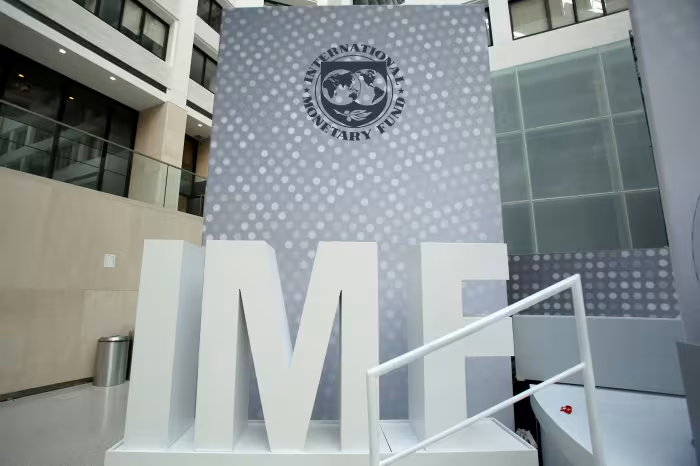Despite the civil unrest spurred by the proposed amendments to the election law in Indonesia, which led to a temporary 1% dip in the country’s benchmark stock index on the 22nd, the faith of investors in the Indonesian stock market remains unshaken.
As per the data from the Ministry of Finance, global funds have continued their buying streak, net purchasing $98.6 million in Indonesian bonds on August 20th, marking the ninth consecutive day of net inflows. Exchange data further revealed that on August 21st, global funds net bought $116.2 million in Indonesian stocks, extending their buying run to eleven days. By the close of the last week on Friday, August 23rd, the Jakarta Composite Index had climbed 56.20 points, a rise of 0.75%, to settle at 7544.88 points.

The Indonesian rupiah has appreciated significantly since the beginning of August, strengthening by approximately 5.34% from the end of July 2024. This appreciation outpaces that of other regional currencies, such as the Thai Baht, Japanese Yen, Philippine Peso, and Korean Won. The rise in the rupiah’s value against the dollar is closely linked to a substantial increase in Indonesia’s foreign exchange reserves. The Governor of Bank Indonesia, Perry Warjiyo, attributed the rupiah’s strength to the central bank’s interventions to stabilize the exchange rate and the robust fundamentals of the Indonesian economy.
Furthermore, on August 21st, the central bank of Indonesia decided to maintain the benchmark interest rate at 6.25%, unchanged and the highest level since the benchmark’s introduction in 2016. The deposit facility rate remains at 5.5%, and the lending facility rate is steady at 7%. This decision aligns with market expectations. The central bank had previously raised the benchmark rate by 25 basis points to 6.25% during the meeting held on April 23rd to 24th. According to the Financial Times, since October 2023, the Indonesian central bank has kept the benchmark rate at 6% for five consecutive months.
In the aftermath of the rate decision announcement on the 21st, Governor Perry Warjiyo reaffirmed that maintaining the benchmark rate at 6.25% aligns with the central bank’s commitment to stability and a monetary policy conducive to maintaining such stability. He further stated that the rupiah is expected to strengthen further in the context of capital inflows, ensuring inflation remains under control.

































